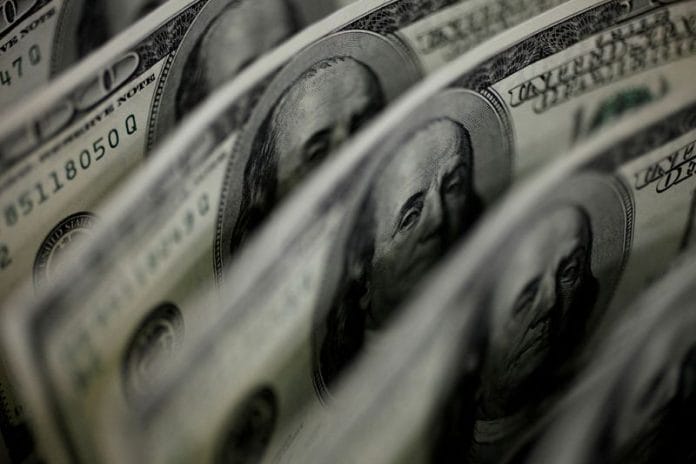By Kevin Buckland
TOKYO (Reuters) – The dollar languished below the psychological 140 yen level on Wednesday after getting knocked back from a six-month high after Japanese officials met on Tuesday to discuss their currency.
The Australian dollar rode a rollercoaster after it jumped on heated local inflation data only to be dragged lower moments later by more signs of a slowdown in China, a major trading partner. The Chinese yuan slumped to a six-month low in offshore trading.
The Aussie was last down 0.15% at $0.6507, heading back toward last week’s 6 1/2-month low of $0.6490. It sank as much as 0.38% at its lowest point, immediately after climbing as much as 0.33%.
“We have to remember that the Aussie is a pro-growth currency, strongly linked to the outlook for commodities, and we’ve seen commodities under pressure of late,” said Rodrigo Catril, senior foreign-exchange strategist at National Australia Bank.
“The lack of positive news coming from economic activity in China is exacerbating that view, and proving to be the dominant one,” trumping increased likelihood for further Reserve Bank of Australia tightening “sooner rather than later” following a hotter-than-expected consumer price reading, he said.
The New Zealand dollar sank as much as 0.5% to a 6 1/2-month trough at $0.60125.
Against the Chinese yuan, the U.S. dollar climbed as much as 0.38% to 7.1171 for the first time since Nov. 30.
Meanwhile, the greenback was little changed at 139.82 yen following a 0.46% slide on Tuesday, when Japan’s top currency diplomat said following a meeting of the country’s finance ministry, central bank and financial watchdog that officials “will closely watch currency market moves and respond appropriately as needed.”
The dollar had risen as high as 140.93 earlier that day for the first time since Nov. 23.
“The meeting was preemptive,” said Bart Wakabayashi, general manager at State Street in Tokyo.
“I think the real line in the sand is 150,” added Wakabayashi, who expects diverging monetary policy outlooks in Japan and the United States to continue to push the currency pair higher.
“If we get above 145, we’re going to see pretty much every Japanese official on the wires trying to talk it down, and if they don’t like what they see, they’re going to act,” he said, referring to the risk of currency intervention.
Elsewhere, the euro slipped 0.22% to $1.0711, giving back part of Tuesday’s 0.28% advance.
Sterling retreated 0.14% to $1.2395, following a 0.44% gain the previous day.
(Reporting by Kevin Buckland)
Disclaimer: This report is auto generated from the Reuters news service. ThePrint holds no responsibilty for its content.






